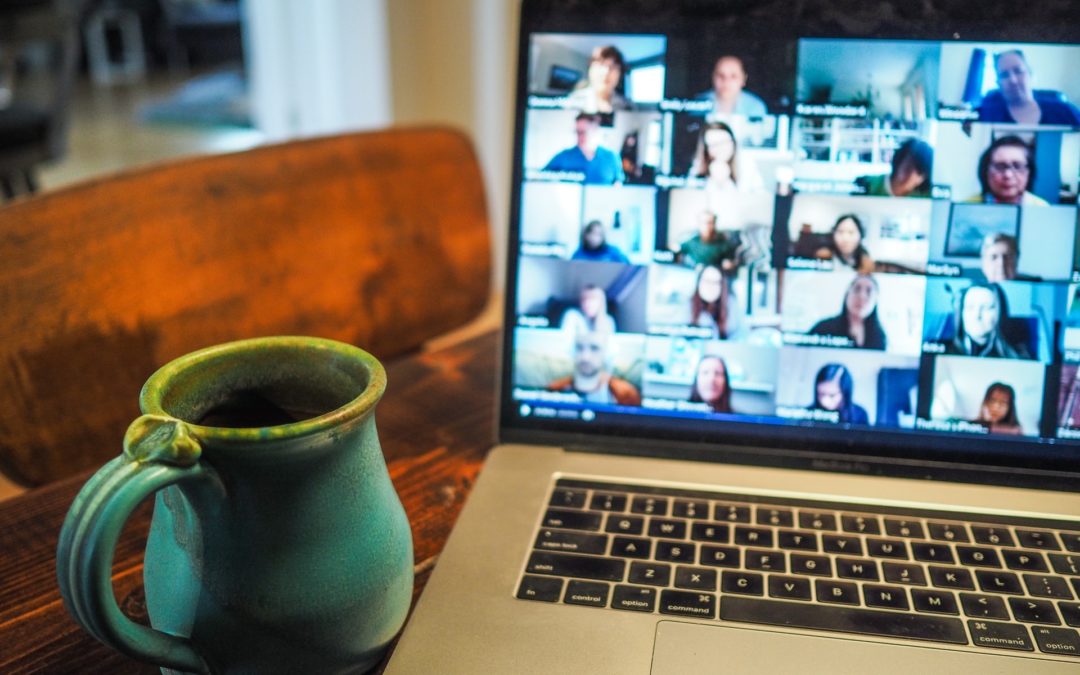The business world has gone virtual, and it looks like this may be the “new normal” for some time to come. A predominantly remote workforce isn’t all bad: the daily rat race is calmer without a bumper-to-bumper commute, and our home is arguable more comfortable than our cubicle or office. However, the downside to work-from-home culture is the lack of social interaction we get from being in close proximity to our colleagues. How can we replace the social and emotional support that we receive from the people we rely on during times of high stress?
It’s not just the day-to-day support we need, either. What happens to those colleagues of ours who struggle with depression or anxiety? In a virtual world, identifying the warning signs of deteriorating mental health is harder than ever. How do we know when to step in and offer help…or how will someone know that you need help yourself?
The lack of interpersonal interaction is no reason why our support systems need to break down. Here are four ways to tell whether or not your colleagues need extra support for their mental health during this tough time:
1. Pick up on non-verbal communication cues. When you are on a video call with your colleagues, notice how they are speaking, whether or not they make eye-contact, and the tone of voice they are using. These are all important cues about how they are really feeling. Does their body language indicate that they are feeling depressed? Does their tone of voice seem droll and low energy?
2. Check in with your colleagues on a weekly basis. If not on a video call, check in with them via email or text once per week.
3. Listen to what your colleagues are NOT telling you. Outside video calls, how does their email and messaging style seem to you? If you notice that their style is less communicative than before, that may be a sign that something is off.
4. Don’t forget to check in with colleagues who were furloughed or laid off. Those who are no longer working with you may need your support more than ever, as they may be struggling both financially and emotionally. Checking in with them may help boost their morale, just knowing that someone cares and is looking out for them.
It’s no secret that this pandemic—coupled with the high-tension social and political climate—is causing serious mental health concerns, even amongst people who don’t usually struggle. Being aware of how your colleagues, friends and family members are feeling could help them get the help they need to safely make it through these unprecedented challenges.
There are plenty of options when it comes to seeking help. Therapists are essential personnel, and many are offering virtual sessions or outdoor treatment rooms during Covid-19. Our ketamine clinic is also open and treating patients who are struggling with severe cases of depression, or other treatment-resistant mental health disorders.
There is hope during COVID-19. Contact us for a free consultation today.

Contact Ketamine Greater Boston
Ketamine Greater Boston offers Spravato™ nasal spray and ketamine infusions for the treatment of depression, anxiety, PTSD and other psychiatric conditions. If you are suffering from treatment-resistant depression and haven’t found a solution, ketamine could be what you’re looking for. Contact us for a free consultation today to learn more about ketamine infusions and find out of you’re a candidate.


Recent Comments